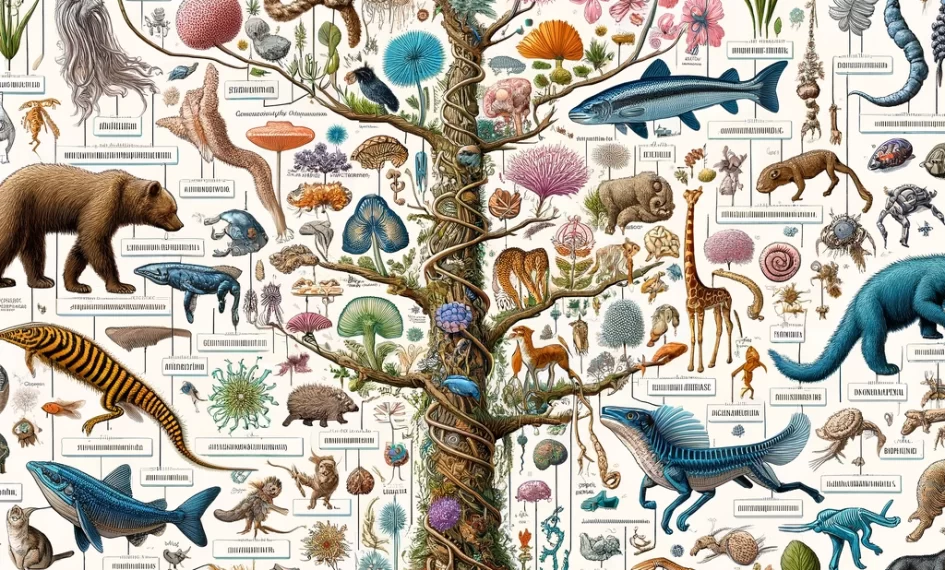The term “taxonomy” is pivotal in biology and natural sciences, relating to the classification of organisms. Here’s an overview of its definition, etymology, and origin:
- Definition: Taxonomy is the science of classifying and naming organisms. It involves organizing species into a system of hierarchical categories based on their evolutionary relationships, characteristics, and shared traits. This system helps scientists communicate about different species and understand the similarities and differences among them.
- Etymology and Origin:
- The word “taxonomy” comes from the Greek “taxis,” meaning “arrangement,” and “nomia,” derived from “nomos,” meaning “method” or “law.” Thus, it essentially means the “method or law of arrangement.”
- The concept of taxonomy dates back to the ancient world, where philosophers like Aristotle attempted to categorize living things. However, it was not until the 18th century that taxonomy began to resemble its modern form.
- Swedish botanist Carl Linnaeus is often regarded as the father of modern taxonomy. His work in the 18th century, including the development of the Linnaean system, laid the foundation for the binomial nomenclature and the hierarchical classification system still in use today.
The development of taxonomy highlights a fundamental human endeavour to understand and organize the natural world, tracing back to ancient Greek thought and evolving significantly over centuries.



